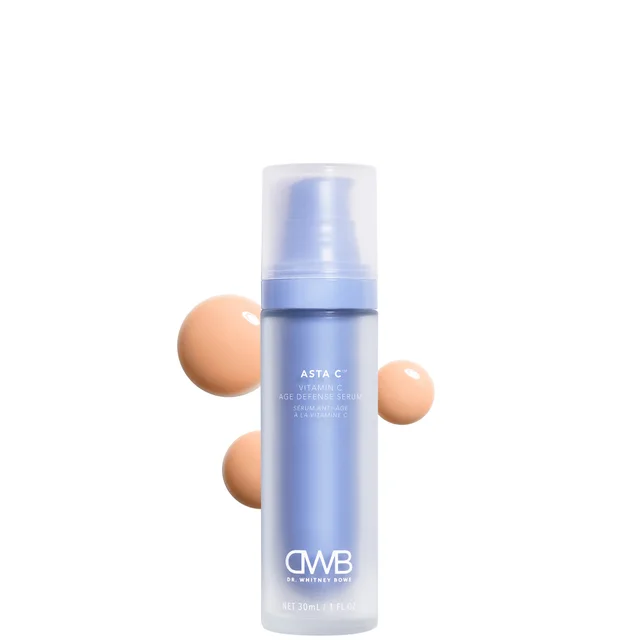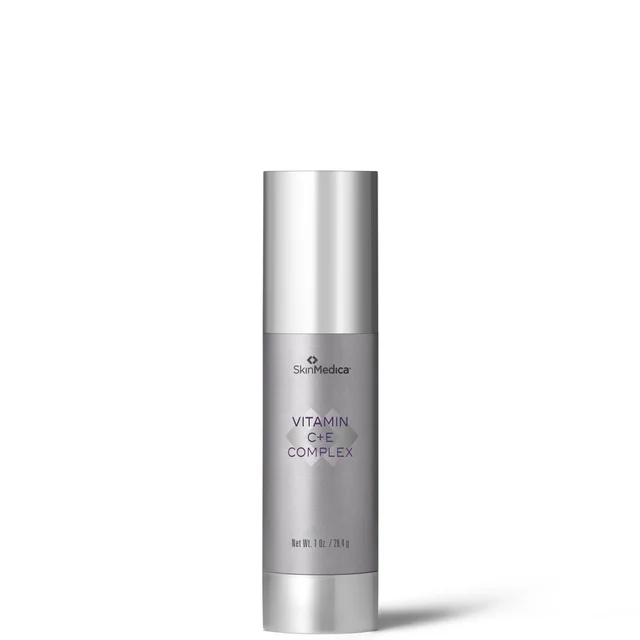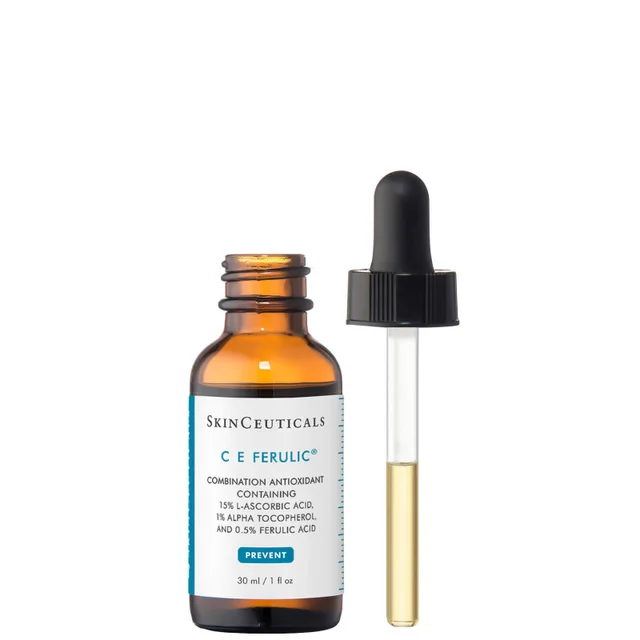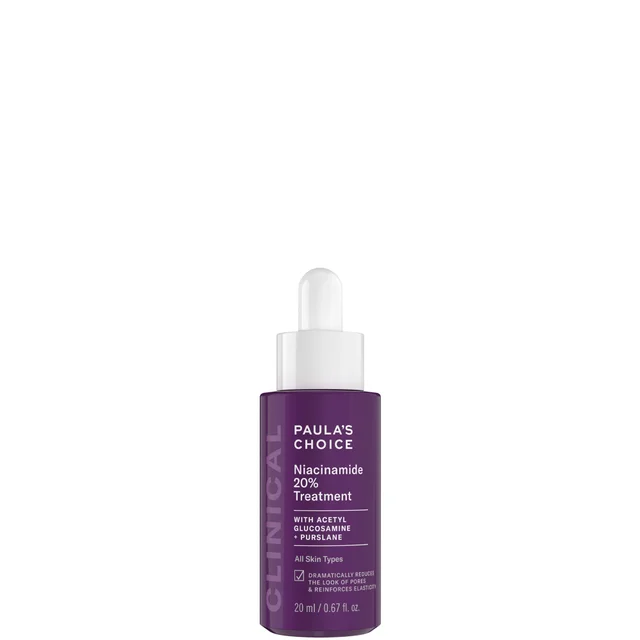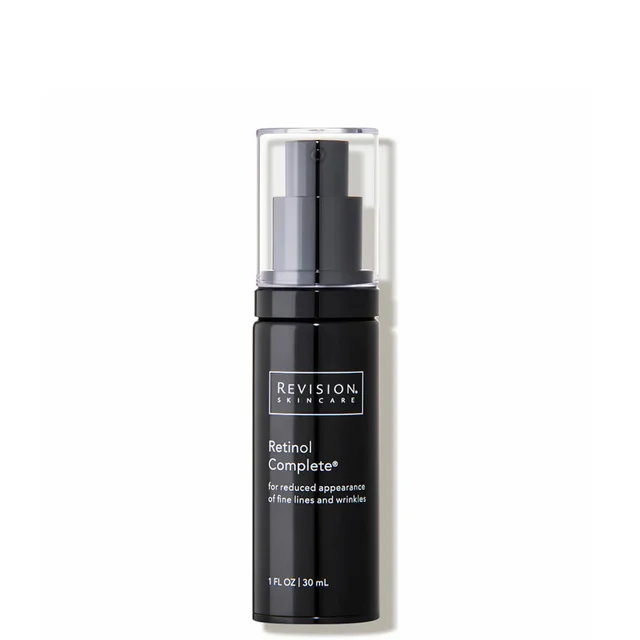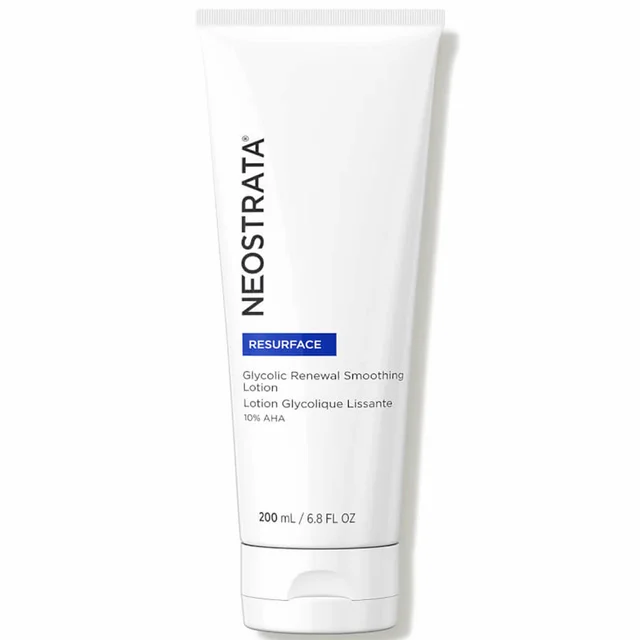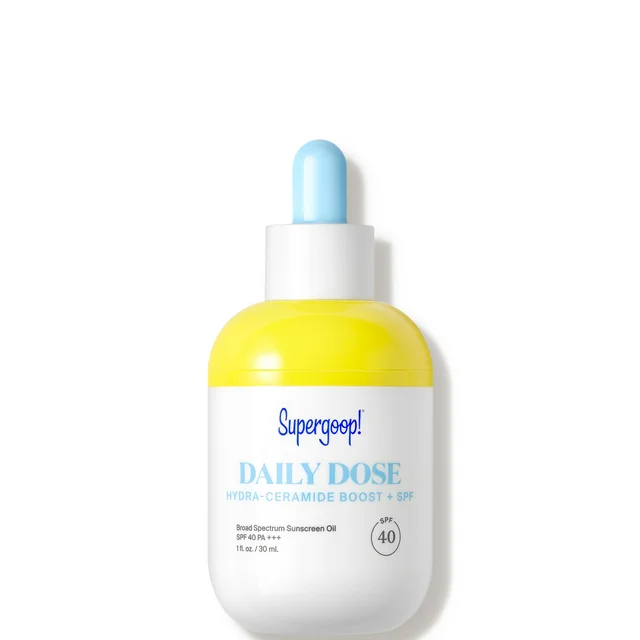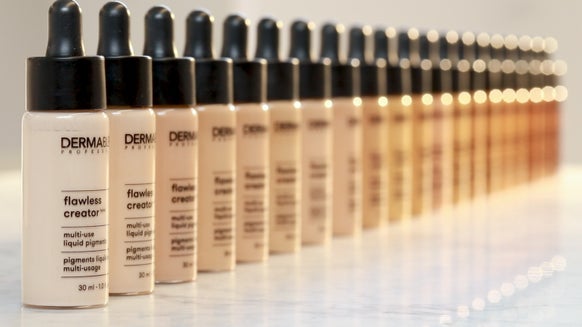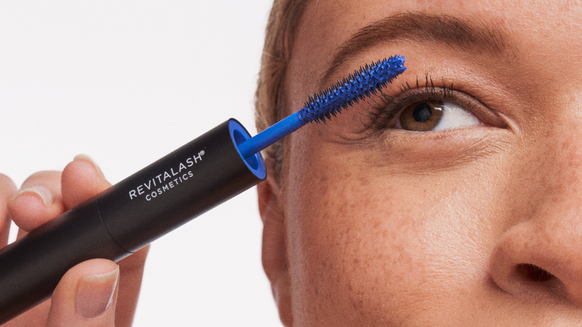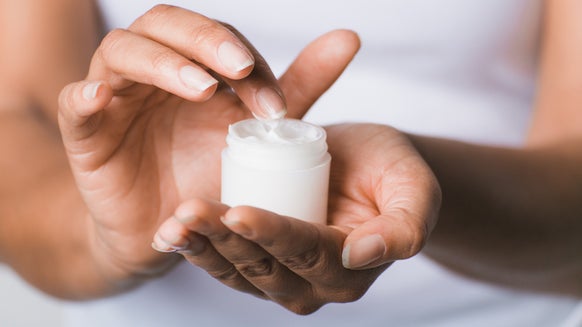Perfect Pairs: Vitamin C and its Best Companions in Skincare
Vitamin C is one of those skincare ingredients that every esthetician and dermatologist waxes poetic about. The power-packed antioxidant can do everything from stimulating collagen production to smoothing wrinkles and lines and brightening skin. It's also beloved for protecting the skin from free radical damage and its firming effects, making it a go-to in a well-rounded anti-aging skincare routine. But can you make vitamin C work even better for your skin by combining it with the right skincare ingredients? Absolutely.
What you can use with vitamin C can make it work for your skin even better than using it alone. To take your favorite vitamin C skincare products to the next level, knowing what to pair with it—and what to avoid—is important so that it and the other ingredients you combine with it work effectively without irritation, redness, dryness, or sensitivity.
Table of Contents:
- The Science Behind Perfect Pairings
- Essential Pairings for Vitamin C
- What Not to Mix with Vitamin C
- The Bottom Line
The Science Behind Perfect Pairings
Some skincare ingredients, including vitamin C, work best when paired with other potent ingredients. That's because a combination approach can, unknowingly to some, boost the efficacy of the antioxidant and make vitamin C more powerful than when used alone. Similarly, pairing certain ingredients together can offer other benefits to the skin, like optimal pH levels which translates into less irritation, inflammation, and redness. Mixing the right skincare ingredients can benefit the skin differently, making this dual-prong approach the missing key in your skincare puzzle.
Skin type and its current needs play a significant role in which ingredient combinations will work best for you and what pairs well with vitamin C. To determine what you can use with vitamin C, you'll need to consider your skin type and the product's formation. Vitamin C is compatible with a handful of different ingredients, and combining vitamin C with the right ones can create effective results.
Essential Pairings for Vitamin C
In the vitamin C skincare pairing game, what you can use with vitamin C is a bit of a puzzle because certain ingredients play well with the antioxidant, while you'll want to avoid mixing it with others at all costs. These are the most compatible couplings that pair well with vitamin C and provide skin benefits to further enhance the overall benefits of vitamin C.
Vitamin C and Hyaluronic Acid
Best known for its hydrating properties, hyaluronic acid works to retain optimal moisture levels in the skin so it appears well-hydrated, plump, and youthful. Pairing hyaluronic acid with vitamin C can further improve the skin's texture and overall appearance to camouflage the look of fine lines and wrinkles. Plus, pairing hyaluronic acid with vitamin C in more sensitive skin can provide a calming effect by reducing inflammation, redness, dryness, and other common side effects many skin types experience with vitamin C.
Vitamin C and Vitamin E
Like vitamin C, vitamin E is a powerful antioxidant that works synergistically to help neutralize free radicals and the damage they cause. This popular skincare combination, found in many serums, helps protect the skin from environmental damage since the antioxidant properties are boosted for increased protection against oxidative stress. The mix of vitamins C and E provides more UV protection to protect the skin from sun damage.
Vitamin C and Ferulic Acid
Ferulic acid is another antioxidant that plays well with vitamin C. Using the two antioxidants in tandem allows ferulic acid to help stabilize the vitamin and prolong its benefits while brightening the skin, reducing the appearance of fine lines and wrinkles, and protecting the skin from UV damage.
Vitamin C and Niacinamide (Vitamin B3)
Niacinamide is well-known for its wide range of skin-improving benefits, such as enhancing the skin's barrier function, reducing inflammation, acne breakouts, and acne scars, increasing hydration, elasticity, and collagen production, and minimizing the appearance of pores, wrinkles, and fine lines. When used with vitamin C, which limits melanin production, niacinamide can also lend a brightening effect to the skin, helping to even out its tone since it slows the transfer of melanosomes from melanin.
Vitamin C and Retinol (Vitamin A)
Retinol is a well-known powerhouse ingredient known for its anti-aging benefits. It help to improve the skin's texture and tone by promoting cell turnover, stimulating collagen production, and improving the skin's overall texture. When combined with vitamin C, this one-two-punch of skincare ingredients can amplify the effects of both ingredients, resulting in smoother, firmer, and more youthful-looking skin. However, pairing retinol with vitamin C may lower retinol's pH and make it a bit harder for the skin to absorb, so make sure to use vitamin C in the morning and at night.
Vitamin C and Peptides
Peptides are chains of amino acids that support healthy collagen production within the skin to improve skin elasticity. When used together with vitamin C, the two ingredients can enhance the skin's firmness and reduce the appearance of wrinkles and fine lines. They can also strengthen the skin's barrier and elasticity and reduce inflammation for an overall anti-aging effect. Like pairing vitamin C with retinol, use vitamin C during the day and peptides at night.
Vitamin C and Alpha Hydroxy Acids (AHAs)
AHAs such as glycolic and lactic acids exfoliate the skin by loosening dead skin cells, unclogging congested pores, and promoting cell turnover. Pairing vitamin C with AHAs naturally enhances the vitamin's absorption and efficacy, resulting in brighter-looking skin. However, if your skin is sensitive, proceed with caution when pairing AHAs with vitamin C since the two can, in some skin types, create the potential for dryness and irritations.
Vitamin C and Ceramides
Ceramides, which are lipids that help the skin's barrier function and maintain proper function, are essential for preventing moisture loss. Using ceramides with vitamin C helps to improve the skin's hydration levels and strengthen it so it is better equipped to protect itself against environmental and free radical aggressors. Other skin benefits of this duo include softening the look of fine lines and wrinkles, reducing discoloration and hyperpigmentation, and encouraging normalized cell turnover. Plus, using a ceramide with vitamin C can help limit and even relieve any dryness, redness, or irritation that vitamin C may cause.
What Not to Mix with Vitamin C
When it comes to what you can mix with vitamin C skincare, plenty of ingredients are perfectly compatible with vitamin C, but a handful shouldn't be combined with it. Mixing some skincare ingredients, such as certain acids, like salicylic acid and even benzoyl peroxide, can cause the skin to become easily irritated, red, and dry. On the other hand, the combination of vitamin C with potent actives can destabilize the antioxidant and render its benefits ineffective. Even though you can use vitamin C in a skincare routine that incorporates retinol and alpha hydroxy acids, it's important to proceed cautiously and always consider your skin type. Using acids with vitamin C should always follow a morning and night approach, using vitamin C in the morning and other actives at night.
If you're unsure what to mix with vitamin C, choose hydrating and calming ingredients over exfoliating and drying ones.
The Bottom Line
No matter how you slice it, vitamin C is a powerful skincare ingredient that deserves a spot in many skincare routines, particularly if you want to reap its anti-aging, collagen-boosting, and skin-brightening effects. However, to reap the benefits of a good vitamin C serum or cream, using the right concentration for your skin is essential. To make the most of your vitamin C products, consider pairing them with other popular skincare ingredients to boost their effects and make them more powerful than when used alone. What you can use with vitamin C comes down to knowing which ingredients play well together and which combinations should be avoided at all costs.

Elise Minton Tabin is an award-winning beauty journalist, editor, and beauty expert with more than 16 years of experience. She previously held the title of Executive Beauty Editor at NewBeauty magazine, where she reported on beauty, plastic surgery, anti-aging, health and wellness. She was also instrumental in the launch of the beauty supplement brand Hush & Hush. A self-professed beauty junkie and retinol and sunscreen pusher, Elise knows what’s new, what works and who’s the best to go for every procedure under the sun. Follow Elise on Facebook, Instagram, and on her beauty blog, elisetabin.com
